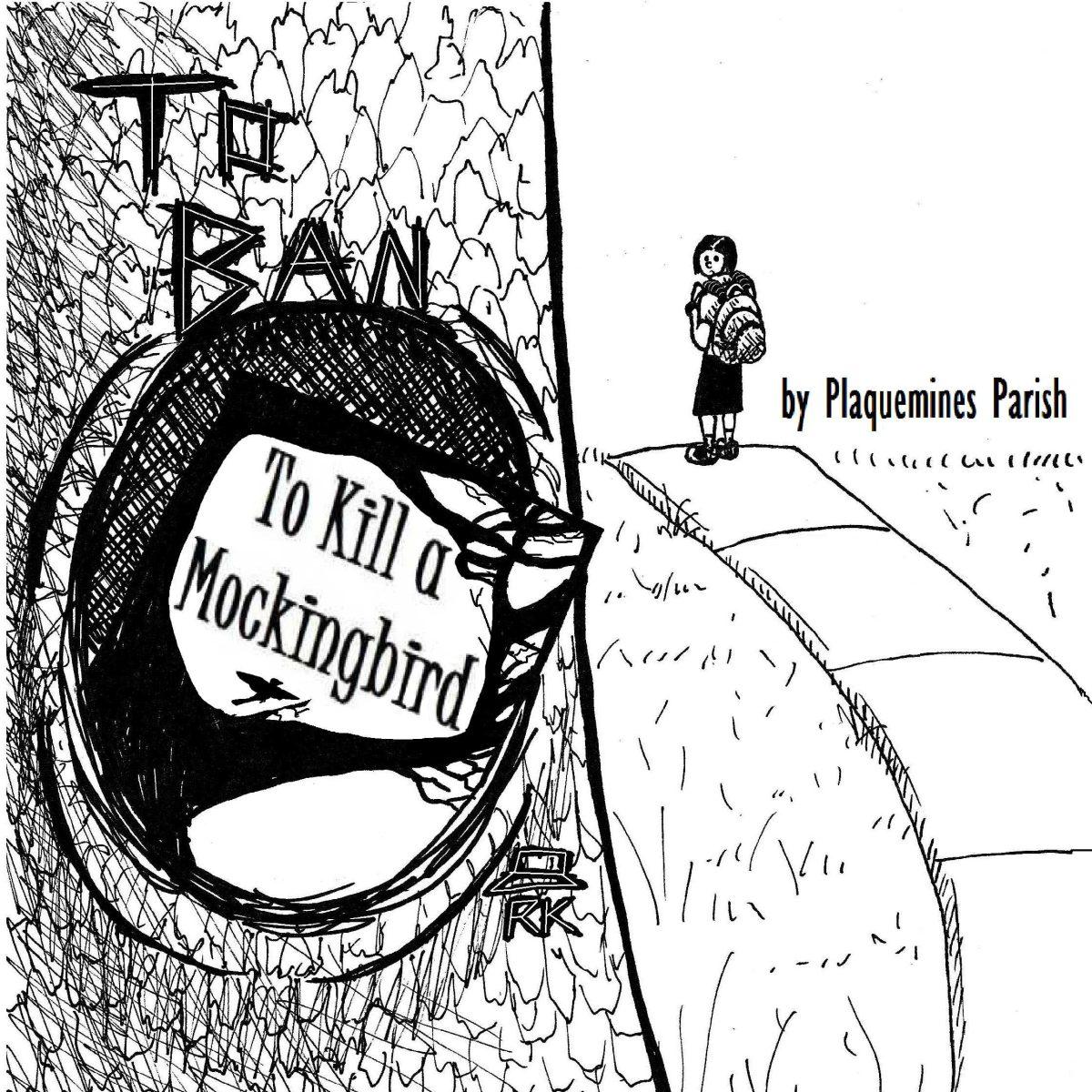The Plaquemines Parish school board lifted its 12-year ban on Harper Lee’s “To Kill a Mockingbird” Oct. 22.
Were they expecting applause?
Let me remind readers that we are living in the year 2013, a time where I didn’t think any book could be banned for its American history themes no matter how shameful they may be.
LSU’s own Middleton Library received challenges for the “Harry Potter” series multiple times throughout the 2000s, according to the “Banned Books” display in the library. Thankfully, the library has no banned books.
That’s a relief — I was told college is a place that encourages you to expand your mind.
I can’t say the same for Plaquemines Parish, considering “To Kill a Mockingbird” was banned since 2001. Your jaw should drop at the length of this indecency.
It deserves a dirty glare for keeping this ban active for so long, not a pat on the back.
The irony continues in that Banned Books Week was celebrated in late September.
Forgetting that banning such an important novel violates our First Amendment rights, lets take into consideration the fact that censorship is a pathetic attempt to restrict people’s opinions. One definition of censorship is the control of the information and ideas circulated within a society.
I don’t know about the students in Plaquemines, but I don’t want to be controlled.
Concerned parents or regressive elders are usually the source of book bans. They disagree with certain themes and think their opinion should dictate what others are allowed to read and teach.
That’s a little conceited if you ask me.
“To Kill a Mockingbird” is known for its adult themes and use of language, but it gives an accurate portrayal of how the South was in the 1930s. Without the blunt and realistic themes, the book wouldn’t hold the same weight that it does with them included.
This book allows students to look into the past and learn from the message it successfully communicates. It helps students understand our country’s previous mindset.
The racial slurs, profanity and rape dialogue are all part of the reality that Lee depicted. Students have a right to learn about the traits that once defined parts of our country.
Taking away this book won’t undo the events of our nation’s past, but it will reveal the embarrassment that some people still associate with the book.
Some teachers in Plaquemines were still giving this book to students despite the ban, which gives me hope for the general ethics in South Louisiana. But when the school board heard this earlier in October, they wiped shelves clean of the great American novel.
Like taking candy from a baby.
English professor Isiah Lavender said he could imagine that Americans wouldn’t want to see the image of their collective face in the mirror, but the parish should let the reading public decide what’s good for them.
“I’ve got a shelf full of banned books and I guess every good professor does,” Lavender said.
Banned books are nothing new to our country, or to the rest of the world. It has happened multiple times with important and controversial novels.
The removal of the “N” word was widely debated in Mark Twain’s “Huckleberry Finn.” Once again, altering facts will not change the past; it just shows the cowardice in those who want to muffle the truth in it.
After generating some publicity and a letter from the American Civil Liberties Union of Louisiana, Plaquemines Parish School board agreed to re-evaluate the ban. Books were back in the classroom before too much bad press could attack them.
Students and parents alike should be enraged that in today’s world a school board still thought they had the power to eliminate a vital part of curriculum in an attempt to eliminate a vital part of history.
Atticus would be disappointed.
Annette Sommers is an 18-year-old mass communication sophomore from Dublin, Calif.
Opinion: Book ban a bad attempt at editing history
October 28, 2013
Banned Books






